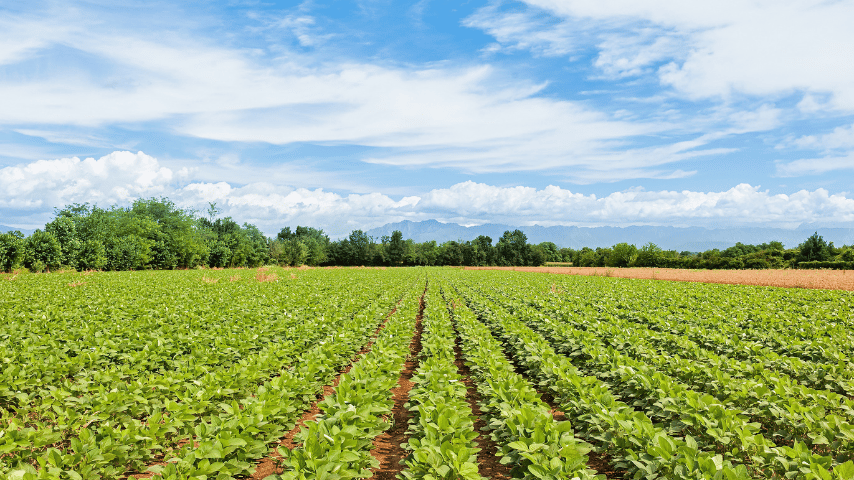There are many concerns about the impact of agriculture on the ecosystems; therefore, experts and countries are enforcing various regulations to ensure sustainable agricultural practices. These practices are now laws and guidelines in many countries. They boost production while curbing harm to the environment.
One of the major crops targeted by these legal regulations and guidelines is soy due to the large-scale farming practices.
As the annual demand for soy is projected to increase, sufficient guidelines and regulations are needed to make the crop sustainable. While not yet legally binding, some regulations are enforced by supply chain players to align with global sustainability standards set by organizations like the UN and the EU. Some of these regulations focus on key issues, such as land practices, farming techniques, supply chain measures, and outsourcing by processing companies. Let’s explore some of these regulations soy farmers should abide by or know.
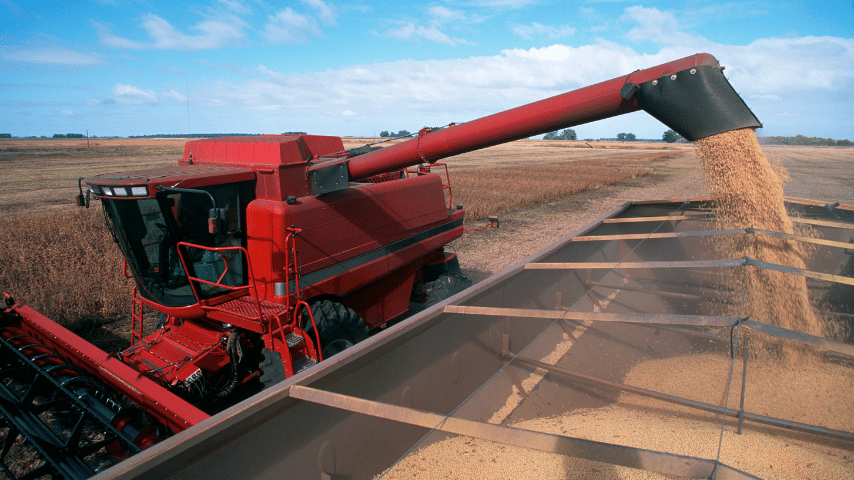
Sustainability and Organic Farming Practices
Soy farming practices have been accused of various environmental issues, and one of the main issues is deforestation, especially in Brazil. Due to the number of trees cut, soy farming threatens the environment as more trees are cleared to clear room for farming. Eventually, soy farming can adversely affect global warming, leading to declining rainfall and increased drought.
Additionally, soy farming is also one of the agricultural farming practices leading to global warming due to reliance on machines. Another impact is the supply chain since soy is never consumed in certain regions and where it is consumed, i.e., in Europe and China, most soy is from America. This means a longer supply chain mainly reliant on trains, trucks, and ships, some of the biggest carbon emitters.
Agriculture faces sustainability and anti-global warming practices, which they must abide by. These measures cover the supply chain, farming practices, farm pollution, and forest restoration guidelines. In the US, soy farmers must abide by Environmental Protection Agency regulations. It is focused on agricultural waste flow, emissions, chemicals used, and the nature of machines. Globally, farming must comply with forest preservation regulations, especially in Asia and America, where soy threatens the forest cover. According to the US Soy’s latest news, farmers can implement various sustainable soy farming practices, such as organic farming, to ensure sustainability. Therefore, US soy farmers must abide by sustainable agricultural guidelines to avoid a negative reputation and comply with various measures.
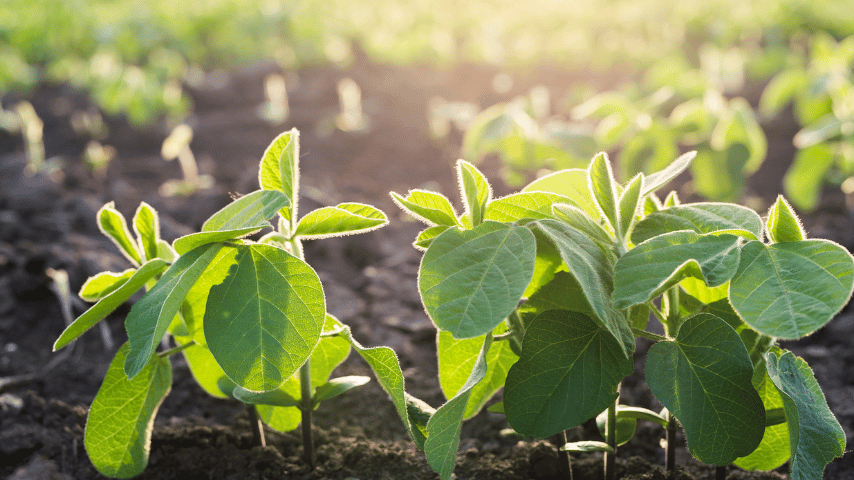
Accountability and Transparency Regulations
One of the main issues affecting soy farming and practices is the need for more accountability and transparency due to limited data. Some of the issues leading to transparency concerns are the increased number of small farmers who do not submit data on volume produced and land under use. Players outsourcing or growing soy in regions with higher deforestation are reluctant to release the data due to fear of government criticism or action. The limited data is mainly from major supply chain players who provide details on the volumes processed.
Therefore, there is a need for transparency, accountability regulations, and compliance to ensure there is more data on the cultivated land cleared for soy farming, especially in regions such as Brazil.
Besides that, all the companies must provide this data to boost regulatory practices by various governmental agencies. Transparency is also essential to understand the impact of soy on the world, i.e., the volume produced to deal with global hunger, including what is processed into various finished products.
The accountability and transparency should also cover other areas such as seed quality, the farm chemicals used, and other farming practices enforced by farmers. Due to consumer concerns about transparency, sustainability, and the need to know what is in their foods, transparency and accountability involve providing all the details about soy products, such as processed foods.
Land Management Policies
In the US, guidelines and policies encourage farmers to utilize the land sustainably and enforce various measures of land usage. Some of the practices for farmers include land and crop rotation activities which involve growing soy alongside other crops to limit the use of fertilizers. For instance, soy farmers must consider mixed farming, including growing soy, corn, grasses, animal feeds, and other crops to provide the needed minerals and fertilizers.
Soy farmers are urged to use organic manure and explore mixed farming for enhanced soil fertility and sustainability. Animal farming is ideal for manure-saving farmers from the dangers of artificial fertilizers.
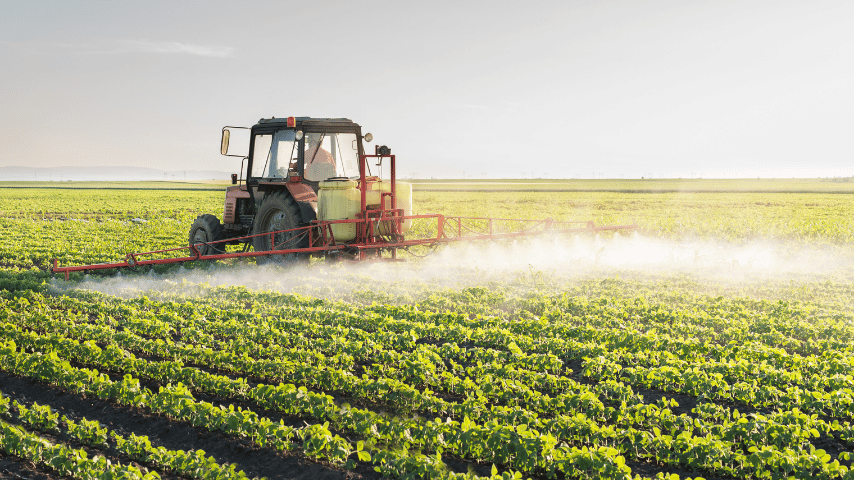
Responsible Soy Procurement Policies
Companies like Colgate, Nestle, and other soy processing companies should abide by responsible soy procurement policies and guidelines to buy sustainable soy. These policies limit companies from obtaining soy from farming practices that rely on child labor and extensive damage to the environment through deforestation. With increasing deforestation and human rights concerns, supply chain practices must prioritize sustainability. The laws from countries such as the EU and America charge companies for benefiting from resources obtained through child labor and environmental damage. Failing to abide by the laws can have a negative business reputation, legal and financial consequences. Some procurement policies include due diligence on suppliers and crop farming practices.
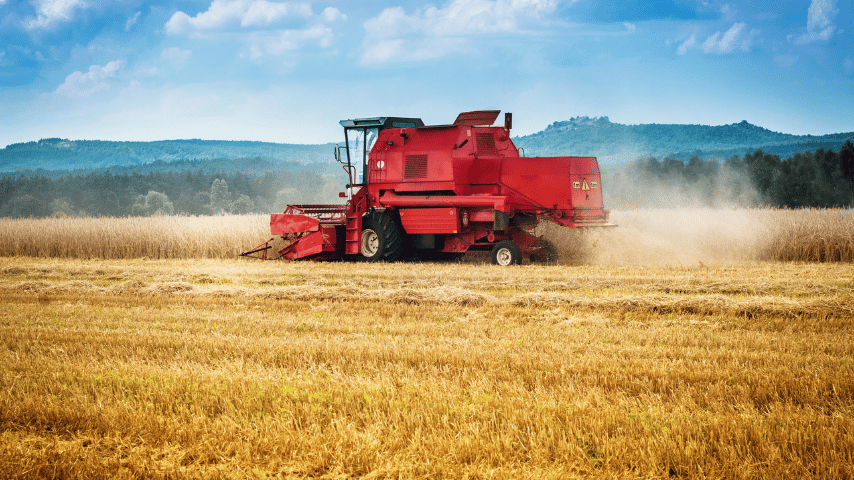
Bottomline
Soy farmers must abide by various agricultural regulations, laws, and guidelines that ensure sustainable farming practices. Some of these laws include sustainability laws, procurement policies, land management, and environmental preservation policies.
Abiding by these measures is ideal for financial gains, a positive reputation, promoting environmental preservation practices, and improving production levels.

